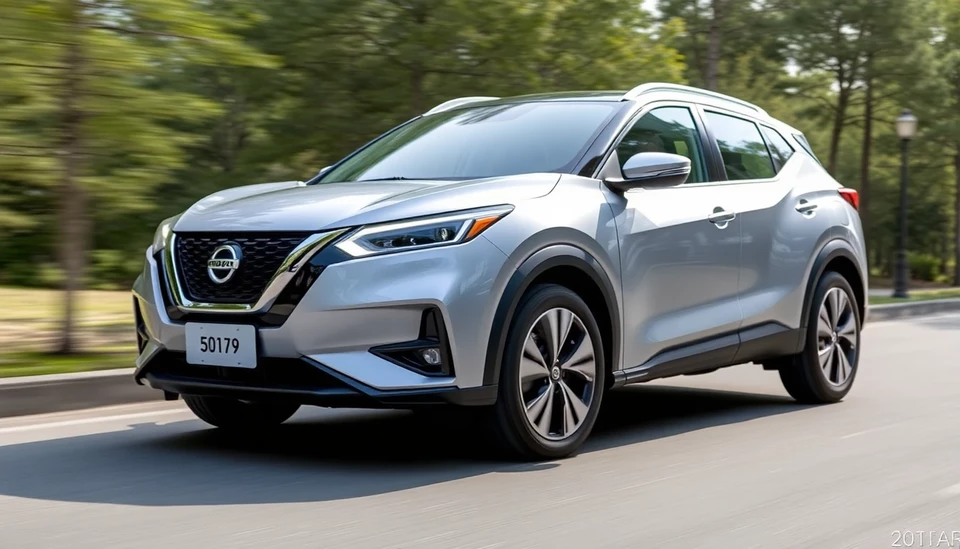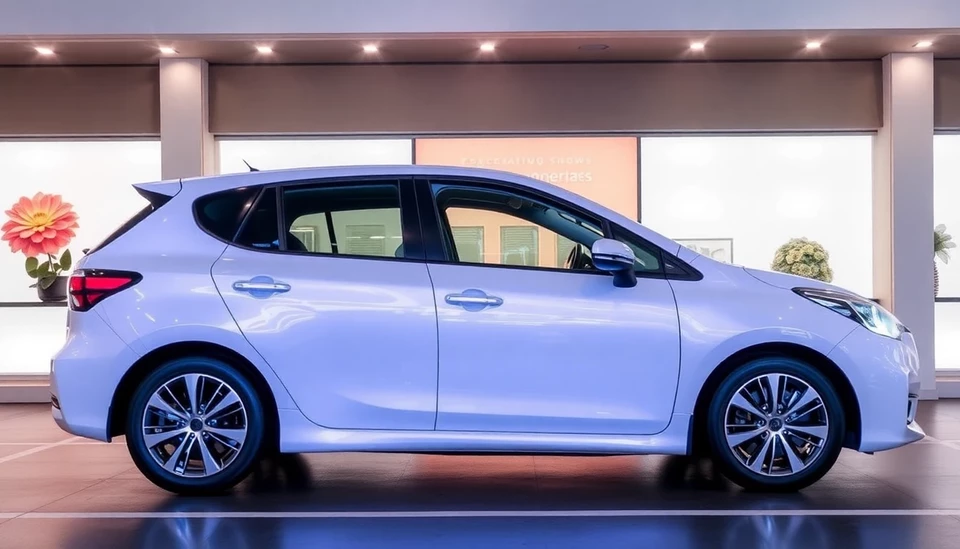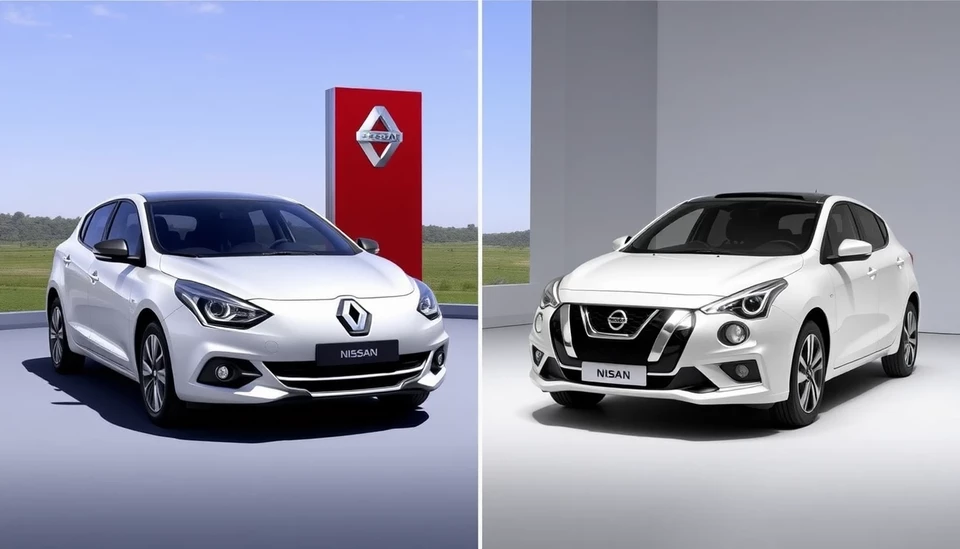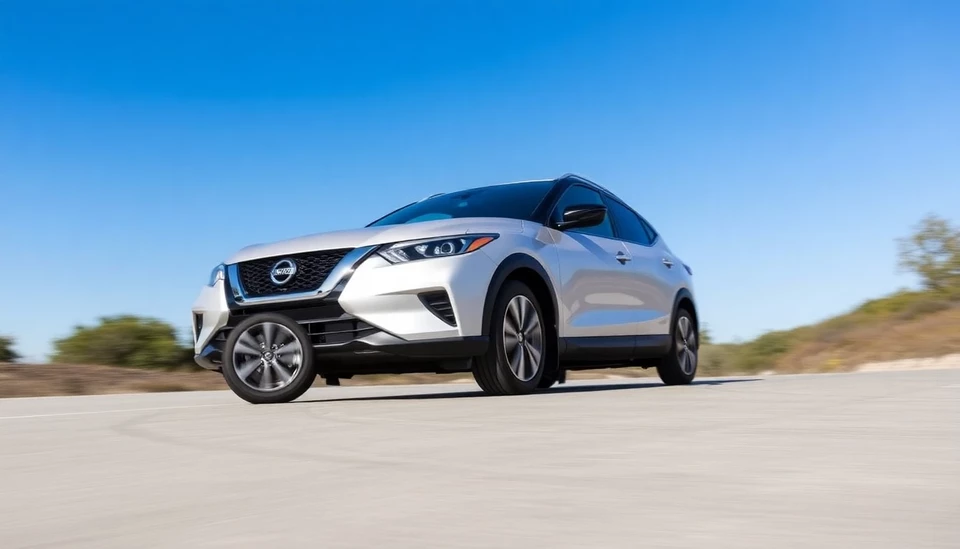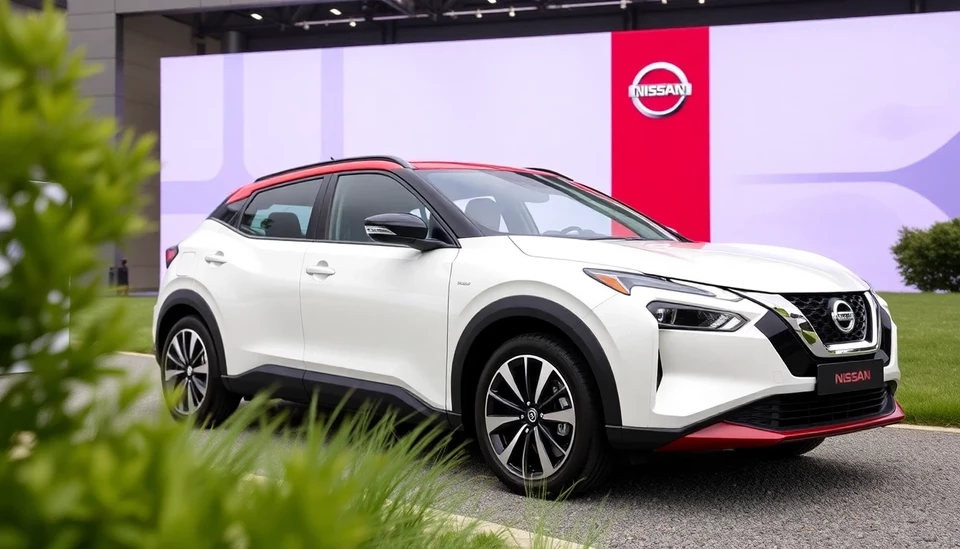
It faces growing problems in key car markets, including the lack of hybrid models in the United States and increasingly tough competition by local manufacturers in China. Such problems set relatively high barriers for the Japanese carmaker to keep a foothold in the two largest car markets of the world.
The United States has seen growing demand for hybrid vehicles, motivated by both increased environmental sensitivity and toughening fuel economy standards. However, while demand for hybrid vehicles surges, Nissan has lagged behind in introducing hybrid models to the US market. That places it at a real disadvantage against competitors who have moved quickly into this growing market segment. With no hybrid models, Nissan is in a position to lose considerable portions of those ecologically sensitive customers who want an alternative to the traditional internal combustion engine.
In China, the world's most competitive automotive market, another tough battle for Nissan has been going on. Chinese consumers too have shown a strong liking for local brands offering advanced technologies at competitive prices. Nissan struggles to cope with the fast innovation and aggressive pricing by the Chinese manufacturers. Support from the Chinese government also heightens the challenge for local manufacturers in their efforts toward EVs, making it further difficult for Nissan to compete for market share.
These dual pressures frame a seminal moment for Nissan. It needs to increase the pace of strategic adaptation in response to the structural shift in U.S. market demand, while shoring up its competitive position in China. Failure to do so will have long-term consequences for the automaker's global market position and underlying profitability.
The plight in which Nissan finds itself only foregrounds agility and innovation in the contemporary automotive industry. As environmental regulations are tightening up, with consumers' preferences beginning to drastically shift throughout the world, the various makers must be versatile with their product offerings and strategic engagements to keep them relevant. For Nissan, this may well call for hastening the development and introduction of hybrid and electric models in the U.S., while improving its feature offerings and pricing strategy in China.
The next couple of years are going to be defining for Nissan while the company will strive to overcome these challenges. Innovation and the capability to adapt may make all the difference in defining the future of the company in two of its biggest markets.
#Nissan #AutomotiveIndustry #HybridCars #ElectricVehicles #USMarket #ChinaMarket #ConsumerPreferences #EnvironmentalRegulations #MarketCompetition
Author: John Harris
